201 items, Page 15 of 21
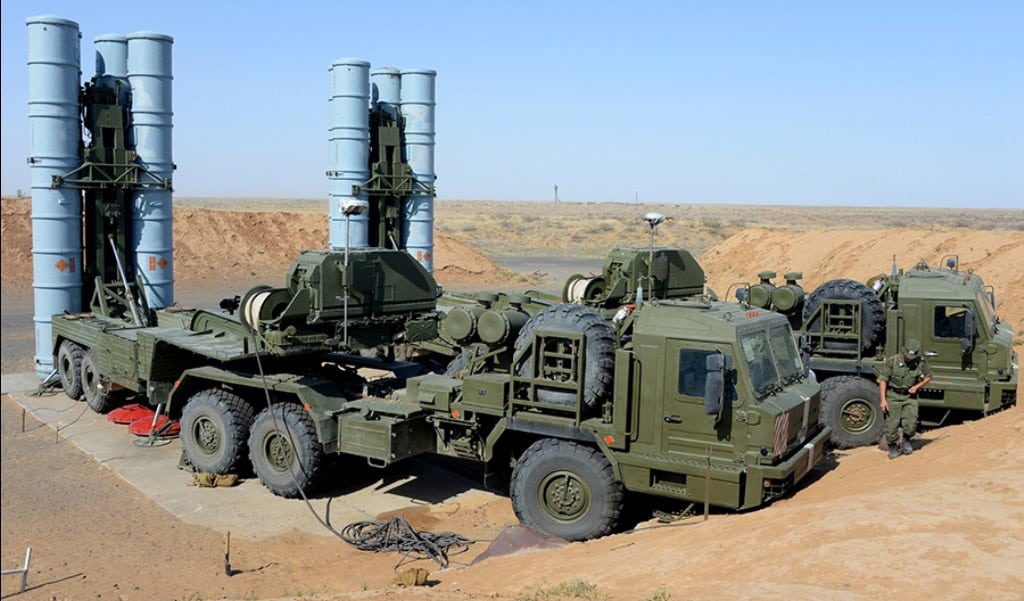
February 12, 2018
Iran’s missile forces, in tandem with other strategic tools, support a complex national security strategy that both enables the projection of power across the region, and imposes costs on adversaries seeking to directly challenge Iran’s regime.
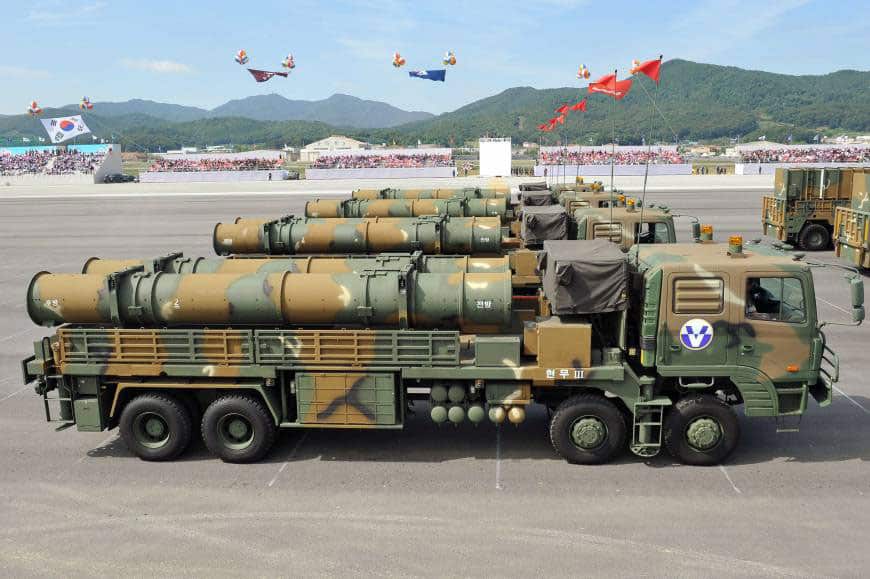
February 2, 2018
In a nuclear world, nuclear weapons are needed to deter major attacks, but who should possess these instruments of deterrence? Today the challenge of keeping nonnuclear states from going nuclear may be growing, perhaps nowhere quite as much as in northeast Asia...
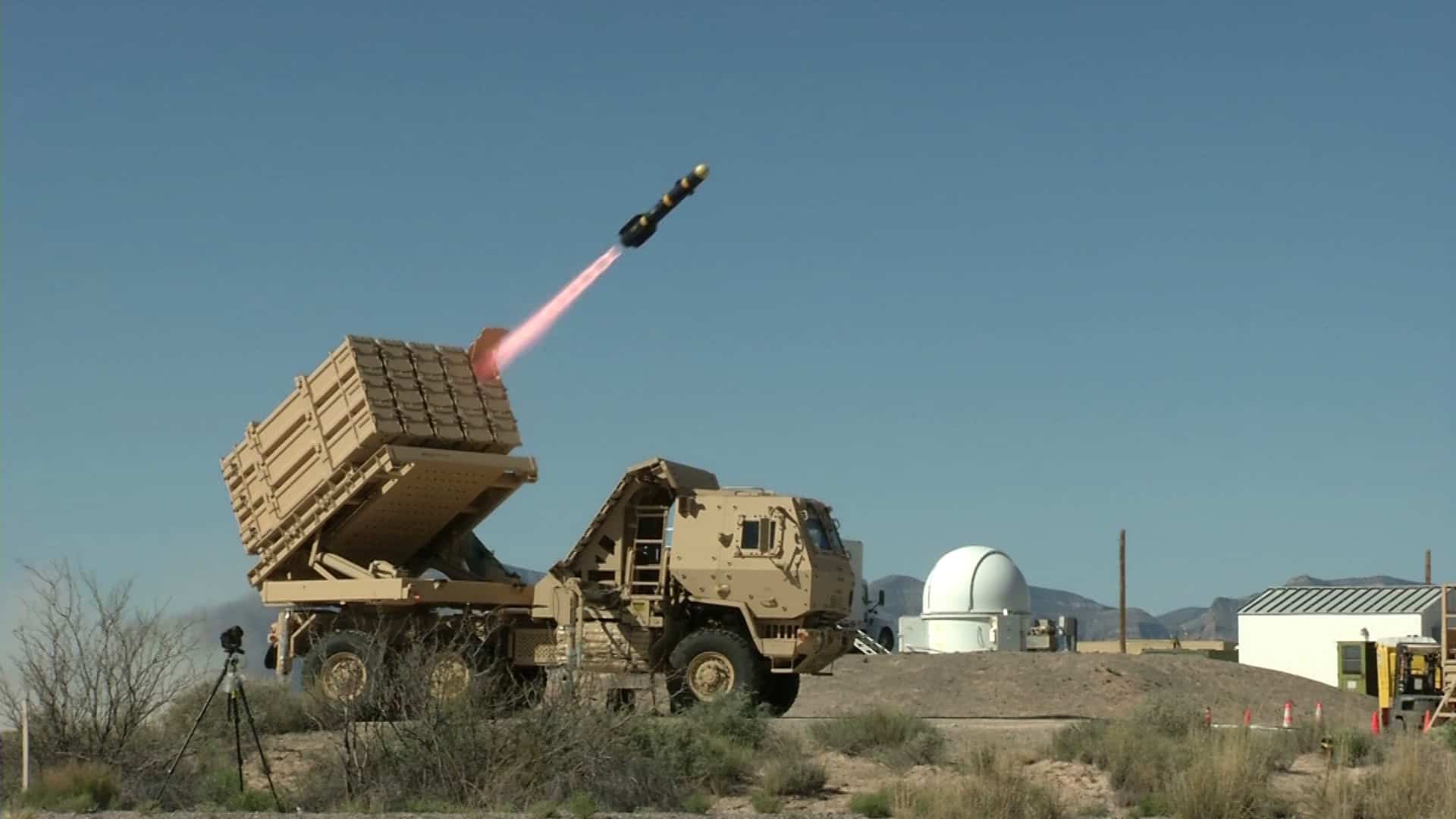
January 25, 2018
Despite the rising salience of missile threats, current air and missile defense forces are far too susceptible to suppression. Today’s U.S. air and missile defense (AMD) force lacks the depth, capacity, and operational flexibility to simultaneously perform both missions

December 6, 2017
Missile defense funds are likely to grow—a lot. In addition to a September reprogramming of an additional $249 million for the Missile Defense Agency for FY 2017, appropriations for FY 2018 could exceed $11 billion, over $3 billion more than the president's original request. This would make for the highest level of missile defense funding in a decade...
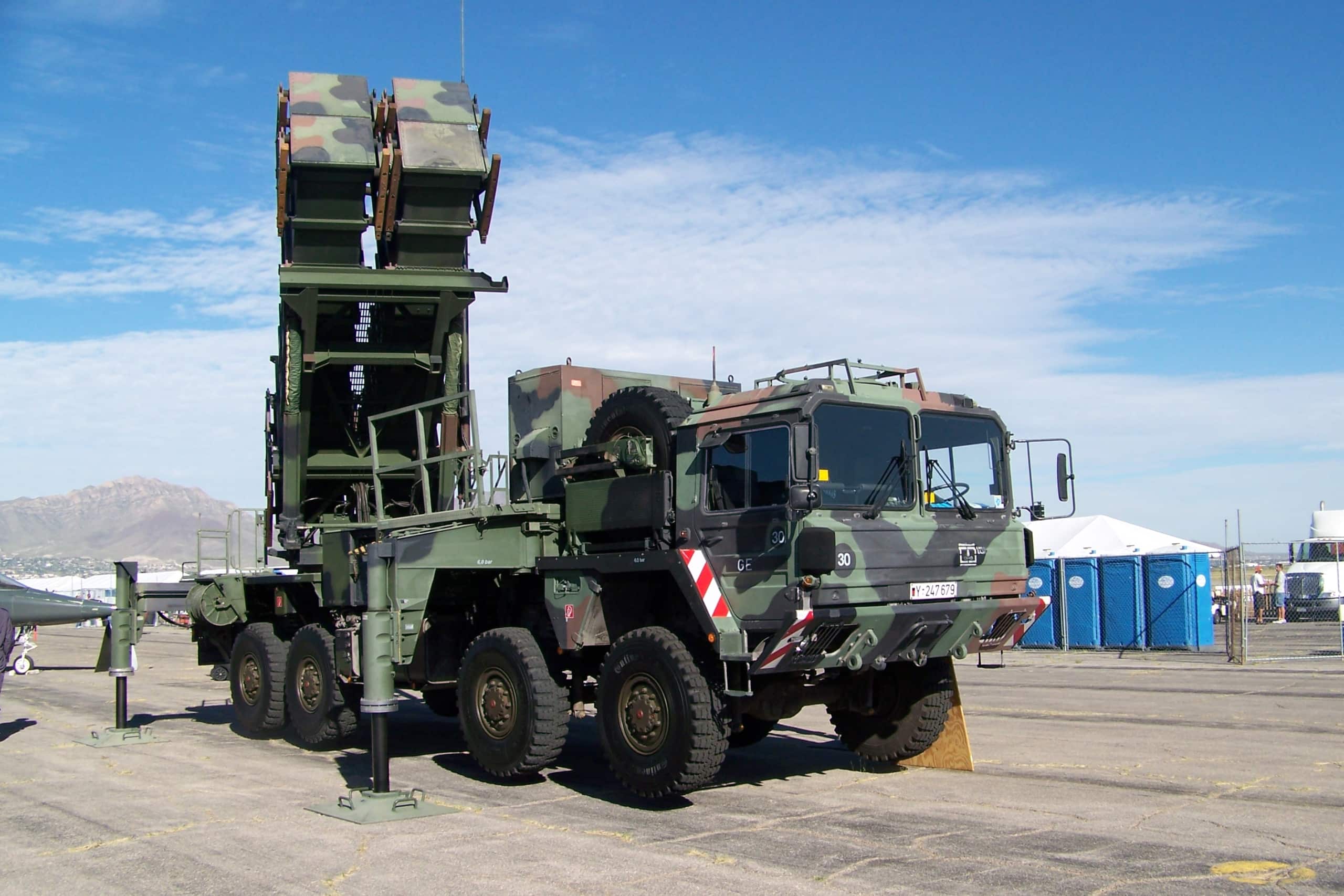
November 7, 2017
The U.S. Army has been at war continuously for 16 years. New technologies pose new threats and old technologies grow in numbers and capability. If ever the Army were ever to think creatively about how to meet the extraordinary demands it faces, now would be the time.
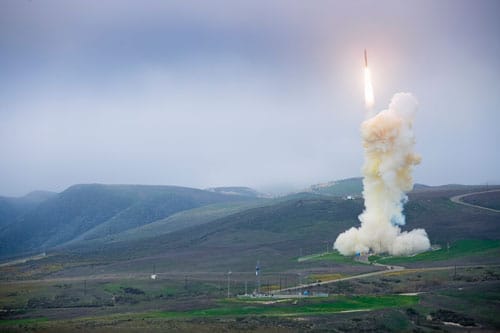
November 3, 2017
President Trump’s recent claim that U.S. ballistic-missile defenses are effective “97 percent of the time” has provoked much discussion about the capabilities of one U.S. defense system in particular: Ground-Based Midcourse Defense.

September 19, 2017
In the 1990s, the U.S. intelligence community assessed that North Korea might acquire an intercontinental ballistic missile by 2015. That threat is now here.
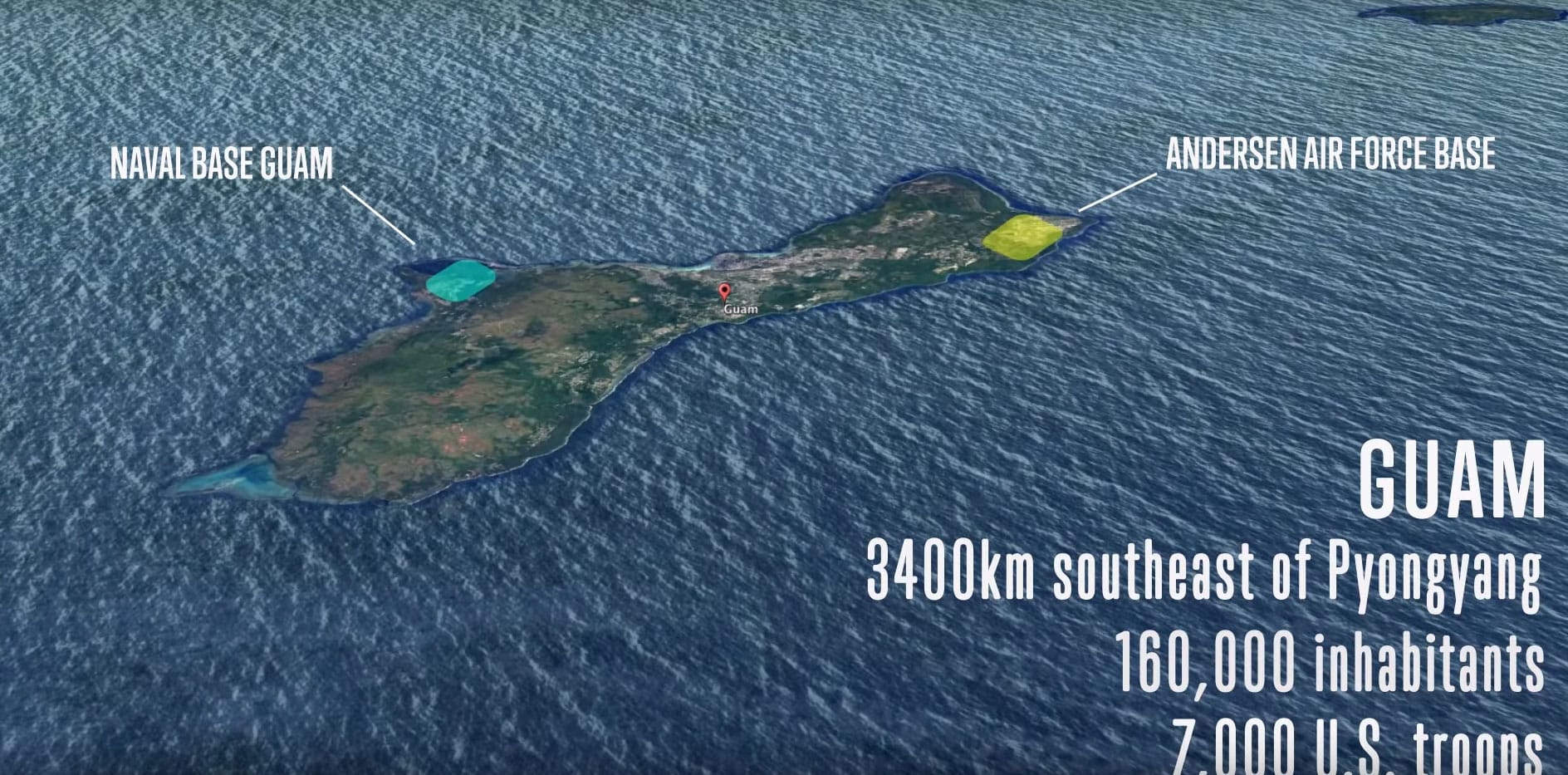
September 18, 2017
In early August 2017, North Korea announced plans to launch four intermediate-range ballistic missiles towards the waters surrounding Guam — perhaps 30 or 40 kilometers from the island’s coast.
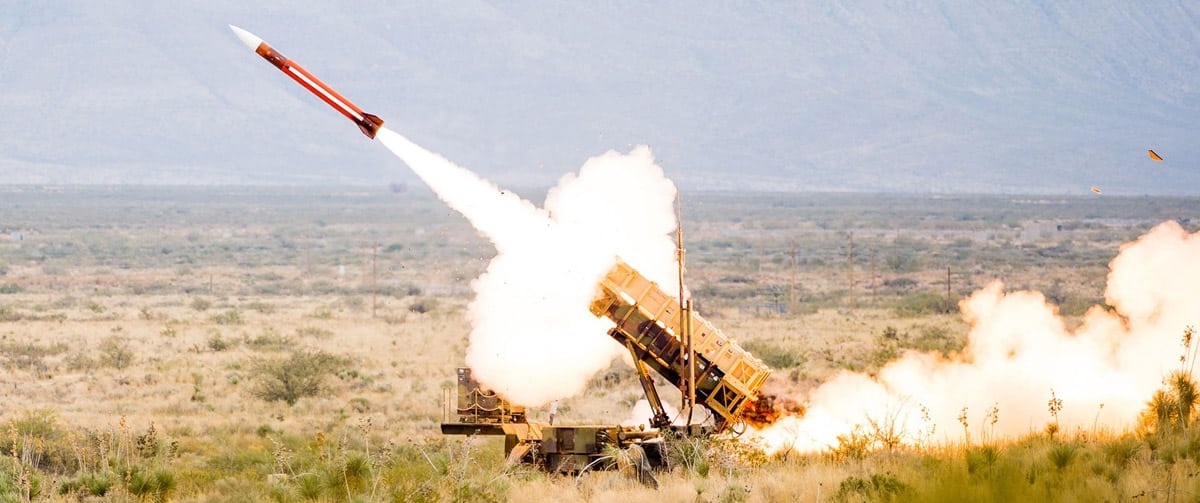
September 13, 2017
As missile defense capabilities have matured, they have become widely recognized for their contribution to broad strategic objectives and the US nuclear posture. The growing significance of missile defenses has been more broadly reflected in major national and military strategy documents across the last several administrations.
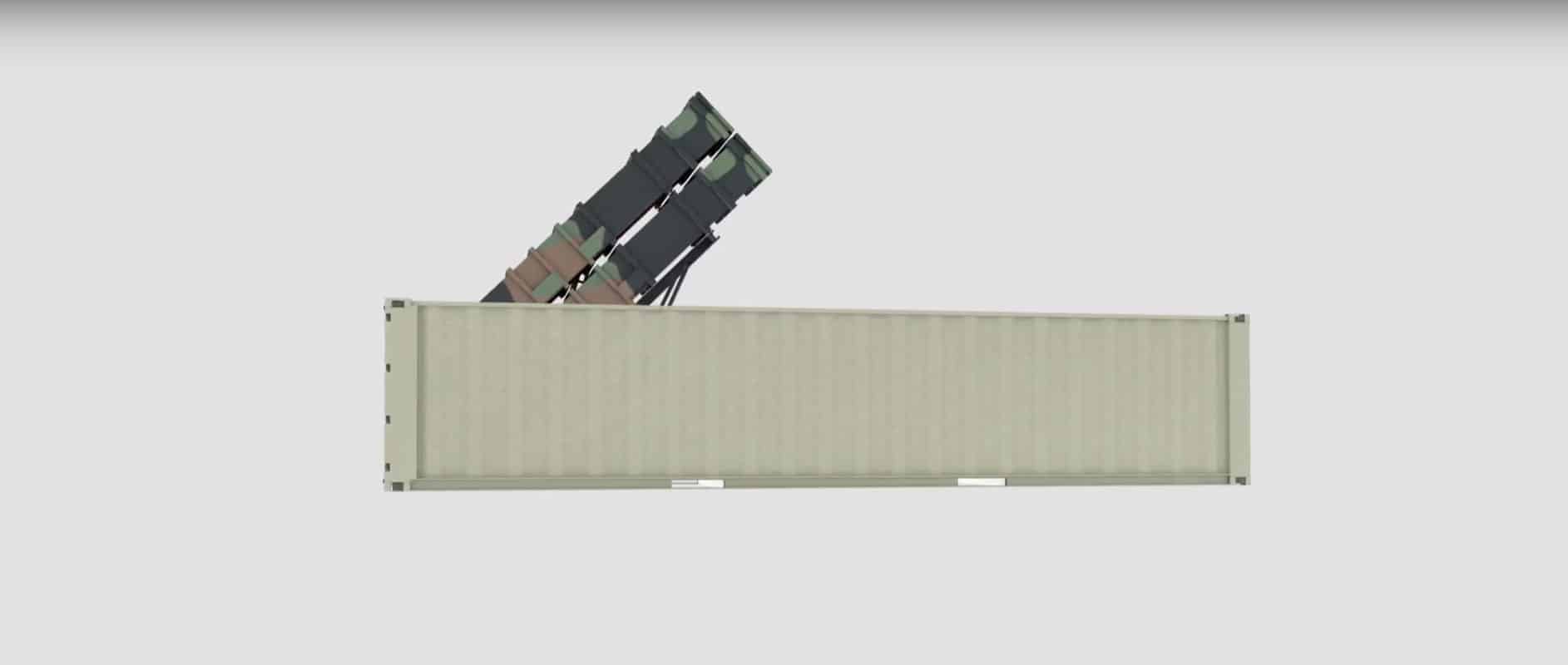
August 14, 2017
A new challenge faces the joint force: the prospect of conflict with a near-peer adversary who has spent two decades going to school on the U.S. way of war. Potential adversaries have integrated air defenses and precision-strike weapons that can hold forward-based U.S. forces at risk, complicate maneuver and impair freedom of action.









